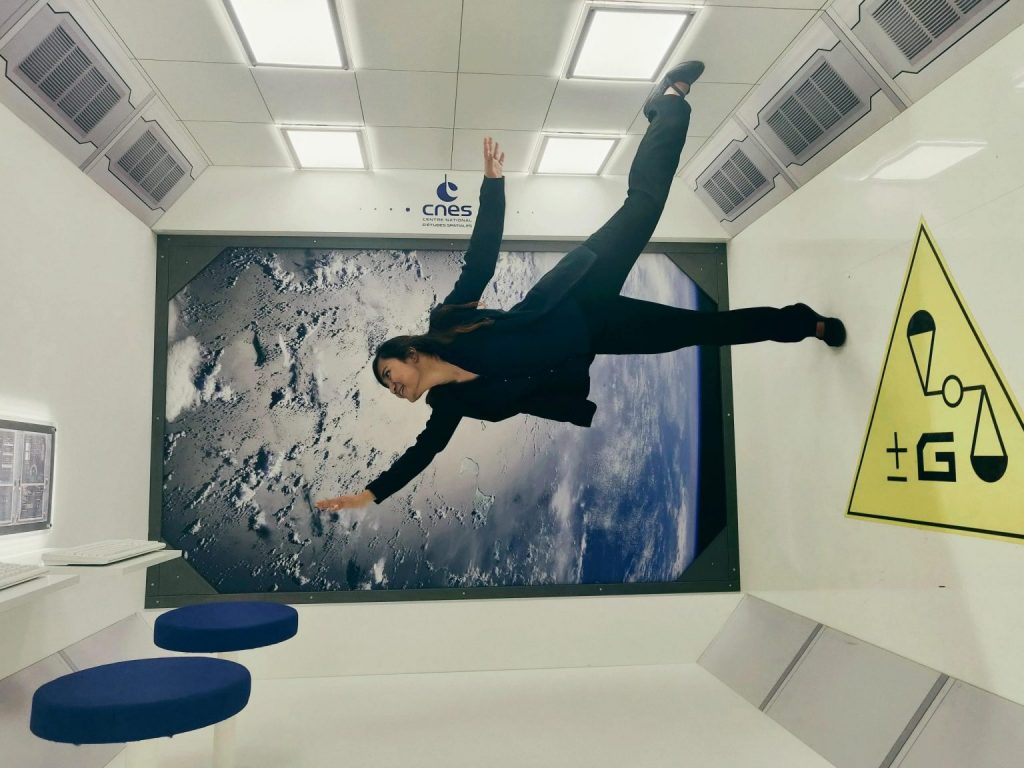Curated by the Knowledge Team of ICS Career GPS
Career

1 in 3 women in APAC feel gender is a barrier to opportunity; Organisations can change this
Excerpts from article by Feon Ang, published in LinkedIn Pulse
In this year’s edition of our research, LinkedIn Opportunity Index, we found that COVID-19 has disproportionately affected women at work, and as a result, we know that women feel less optimistic about the future.
Our data shows that 41% of women in APAC feel they get fewer career development opportunities than men. This is more prevalent in China (44%), Malaysia (45%), Japan (47%) and Singapore (49%). In India, over 4 in 5 (85%) women said they have missed out on a raise, promotion or work offer because of their gender.
Women still face significant barriers in achieving job-related opportunities
While many women in APAC now have the flexibility to work from home, they face other barriers when it comes to achieving opportunities, including the lack of time, lack of required skills and lack of guidance from their network. In addition, 1 in 3 women in APAC feel that gender is a significant barrier to opportunity, especially in countries such as China and India.
Specifically, across APAC, we are seeing that:
- A lack of time is cited as the main barrier for women in many markets including Australia, India, Philippines and Singapore, however it is ranked 6th for Japan.
- In Japan, lack of professional skills is the main barrier faced by women.
- In China and India, lack of guidance through networks and connections is more pronounced as a key barrier for women.
Organisations can lead the charge for equality
Organisations have a big role to play in ensuring equality at the workplace. It’s very important that the workplace our children will enter in the future is an equal and fair one.
Here are a few personal guiding principles that fellow business leaders can refer to when looking to better support women at all levels to achieve their personal best and reach for the opportunities that they seek.
1. Drive conversations around diversity & inclusion
- Our data shows that only 23% of working professionals in APAC strongly agree that gender diversity is a priority in their organisation. Our findings also speak to the mindset that most hold — almost 7 in 10 of those surveyed believe that gender equality is an important aspect for a fair society, but 4 in 10 believe gender equality is impossible to achieve as women and men are different.
- The only way to make gender diversity a priority is to start changing these mindsets.
- Today, we already see conversations around diversity growing in APAC — but there is room for more of these conversations. LinkedIn data shows posts on diversity will get on average 125% more engagement than the average company post. We’ve also seen a 77% increase in members posts on diversity, inclusion and belonging.
2. Increase the number of women in leadership roles
- Our survey shows that on average in any organisation in APAC, only 39% of their workforce comprises women. Looking at leadership positions, the representation is even lower — only 30% of senior level positions (senior manager and above) are held by women. This percentage is even lower in Japan and China.
- Organisations should be committed to hiring more women for leadership roles. They should also have internal programmes that seek to catapult current women employees into leadership positions by providing them with the know-how and tools to navigate their career path.
3. Establish family-friendly policies
- Our research shows that women in the workplace still struggle to balance career and family. In APAC, 45% of working women felt that managing familial responsibilities often comes in their way of career development. This is the most prevalent in India, where over 7 in 10 women (71%) and mothers (77%) agreed that managing familial responsibilities often comes in their way of career development.
- A number of women in APAC expect organisations to provide them with policies for maternity leave and childcare responsibilities. In Japan, a part-time schedule is most prominently sought after by working mothers (40%) compared to working dads, whereas in Australia, maternity leave is most sought after by working mothers.
- Organisations can support in this regard by providing flexible work arrangements and even ramping up paternity leave benefits to help parents with their life changes.
4. Initiate group mentoring programmes to give women a strong network
- Lack of guidance through networks and connections are among the top three barriers that women face, especially in China and India, with close to 7 in 10 saying it keeps them from achieving the opportunities they want.
- At LinkedIn, there are programmes that support the organisation’s community of women in their professional growth.
- These types of programmes require investment and commitment from organisations, but they can foster a more inclusive workforce.
5. Help women to gain new skills
- Our findings show that skill-related job and learning opportunities are highly sought-after by professionals across APAC. Pursuing an opportunity where one’s skills are utilised is ranked 4th in APAC at 49%, #2 in China and among the top 5 in all markets.
- We know that a lack of skills is one of the barriers cited by women to achieving opportunities. To stay relevant and get ahead in life, women need access to relevant skill sets that are in demand today. By learning new hard skills, or by acquiring soft skills from experienced mentors, women could have a better shot at opportunity.
- Organisations can help bring women closer to these learning opportunities by investing in their learning and development. And they have a lot to gain from a well-rounded talent strategy that focuses on reskilling, upskilling and internal mobility programmes.
Education

Women & science: This Assam girl is breaking stereotype in Paris
Excerpts from article by Simran Bajaj, published in eastmojo.com
Science and women are often deemed as an unusual combination, but Priyanka Das is shattering this stereotype. Now settled in France, Das is one of the 75 women selected from all over the world for the prestigious Homeward Bound Antarctica Mission’s fifth edition.
The mission aims to equip women from STEMM (science, technology, engineering, mathematics and medicine) background to go into policy-making and leadership.
Das, who was brought up in New Delhi, is the daughter of Assam natives, Manoj Kumar Das and Dr Ajanta Baruah Das. Both her parents have a background in science, and she is thankful to them for the early exposure she got into the field.
Speaking with EastMojo, Das said, “My parents would take me to science fairs and do little projects at home.” Perhaps these little things drew her to science.
Setting a precedent
Currently, Das is pursuing a PhD in satellite navigation, in an aerospace company called Safran in France. The topic for her PhD is “how to make positioning by GNSS (an example that we all know of is GPS) more precise, in the order of a few centimetres (it is in reality a few metres)”. The technology can be used as an added level of security in autonomous cars where even one metre matters. In the meantime, she is also studying on the feasibility of using Earth-based satellite systems for navigating on the Moon.
Apart from this, her role as the ambassador for L’Oréal-UNESCO for Girls in Science Initiative in France is helping her break stereotypes about women who work in scientific fields. For example, she said, “I do not spend entire time in a laboratory with a lab-coat — I actually get to be an artist on the side and travel to my heart’s content.”
To all the girls who are hesitant of opting for the stream, she said, “If you are curious about life, science should naturally come to you.”
The scientist, who is in her late 20s, is definitely setting an example, she was also featured by Gorgeous You India campaign, which started under the initiative of the Shirin Latif, to reach out and bring to public light the stories of 100 Indian women who could serve as inspiration to the young generation. She was honoured to be a part of the list.
Now, Das is collaborating with Shirin Latif to start a branch in Assam to promote scientific education among girls.
Das pursued her graduation in physics from St Stephen’s College, New Delhi, where she realised that her aerospace dream could actually become a reality. She then pursued her postgraduation from École Polytechnique in Paris and got a double diploma exchange from ISAE- Supaéro.
(Disclaimer: The opinions expressed in the article mentioned above are those of the author(s). They do not purport to reflect the opinions or views of ICS Career GPS or its staff.)
Like this post? For more such helpful articles, click on the button below and subscribe FREE to our blog.




